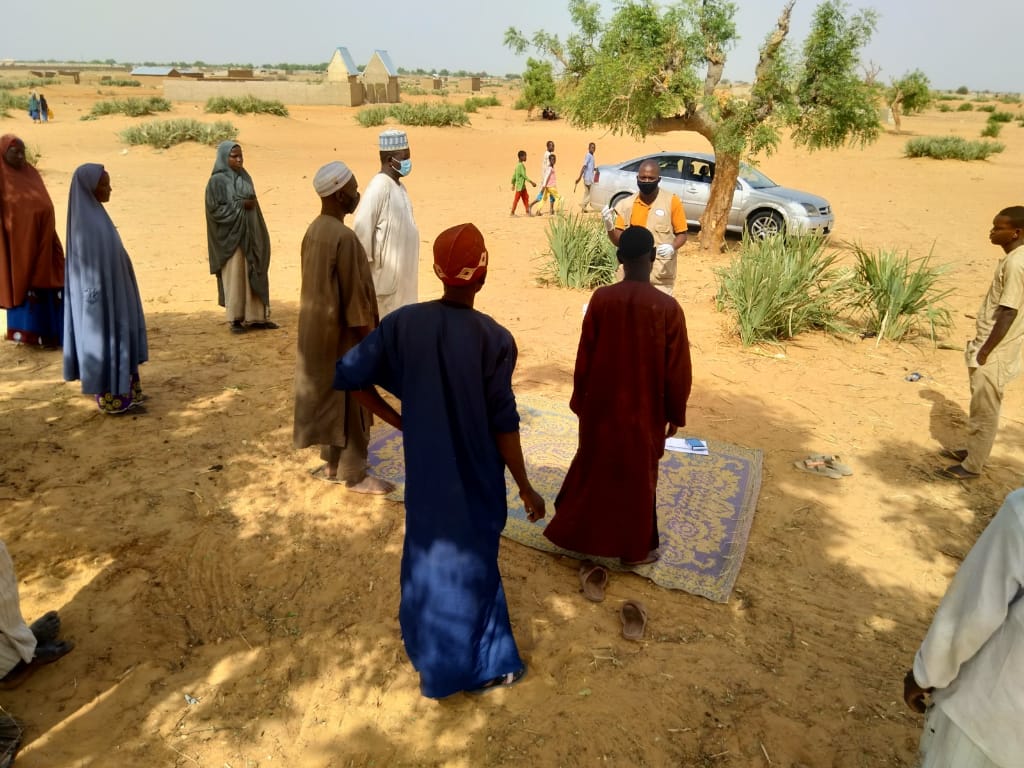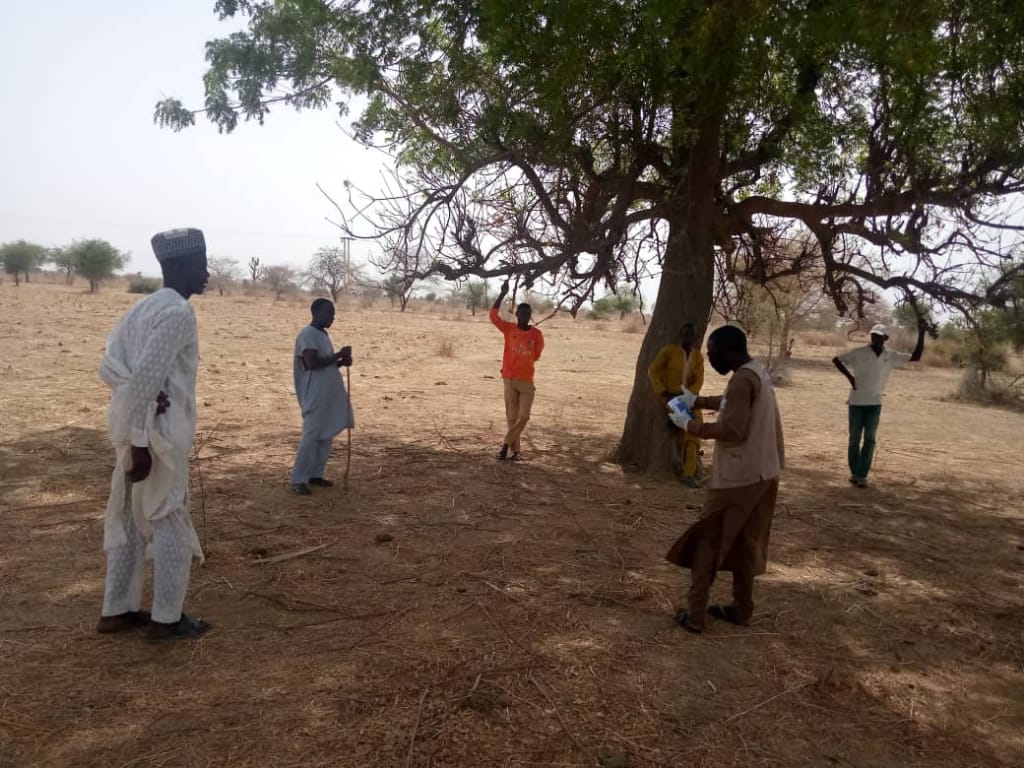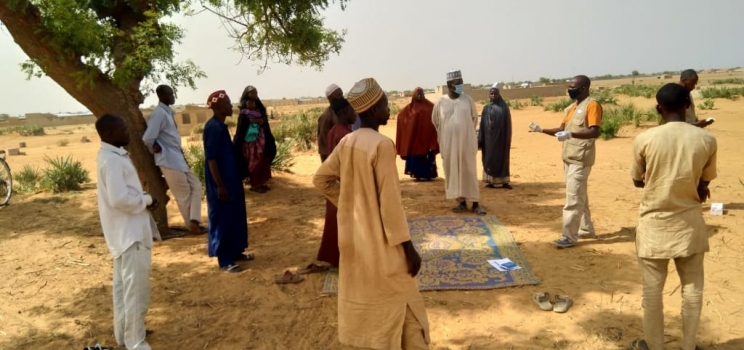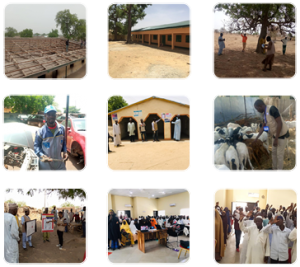In a bid to aid smallholder farmers in vulnerable communities as they gear up for the rainy season farming, the Centre for Community Development and Research Network (CCDRN) has provided training support to 506 IDPs and vulnerable host community members as part of the United Nations World Food Programme’s livelihood activities across 16 communities in Bade LGA, Yobe state, on Rain-fed farming best practices, while prioritizing COVID 19 preventive measures.
The training which held from the 4th to 11th of May 2020 was designed to build the capacity of targeted beneficiaries, empower and enable them to identify problems in the farming systems, to analyze causes and effects, to assess options and to arrive at well-informed decisions in order to prepare to take responsibility for their own future towards greater yield.

To guarantee results, CCDRN sought the assistance of professional facilitators and staffers to ensure that all groups trained in the communities have a chance to express their views, to help find appropriate technical solutions, formulate and implement action plans and assess outcomes. CCDRN adopted facilitative rather than prescriptive techniques; with community participation forming the keystone in determining priorities and testing possible farming innovations and solutions. This involves the adoption and adaptation of participatory problem-solving tools and experiential learning methods.
The farmers were enlightened on the importance of seed sorting and seed treatment prior to what they have been practicing, Land preparation, soil requirement and soil spacing to help increase the farm yield, Chemical and non-chemical control of pest, fungi and bacteria, Fertilizer application and the dosage, Water management, etc. this helped to strengthen the problem-solving capacities and self-reliance of the targeted beneficiaries.
As the COVID-19 pandemic and efforts to contain its impact economies and people around the world, food systems are being disrupted. Food security is delicate under normal circumstances for smallholder farming families especially those affected by conflict and other vulnerable populations in the Nigerian Northeast.

Thanks to WFP via its livelihood initiative being implemented by CCDRN in Yobe communities, rapid and informed actions are being taken to support these vulnerable communities, adopting innovative and creative methods of continuing to serve, reach, and support conflict-affected smallholder farming beneficiaries in the safest and best possible ways, to help them continue to grow sustaining foods for their families and sell the surplus to maintain their livelihoods.
Essentially, beneficiaries are always sensitized on all COVID 19 preventive measures and how to adapt amidst the crisis to take measures that can reduce the spread of COVID-19 and promote sustained production of food.

